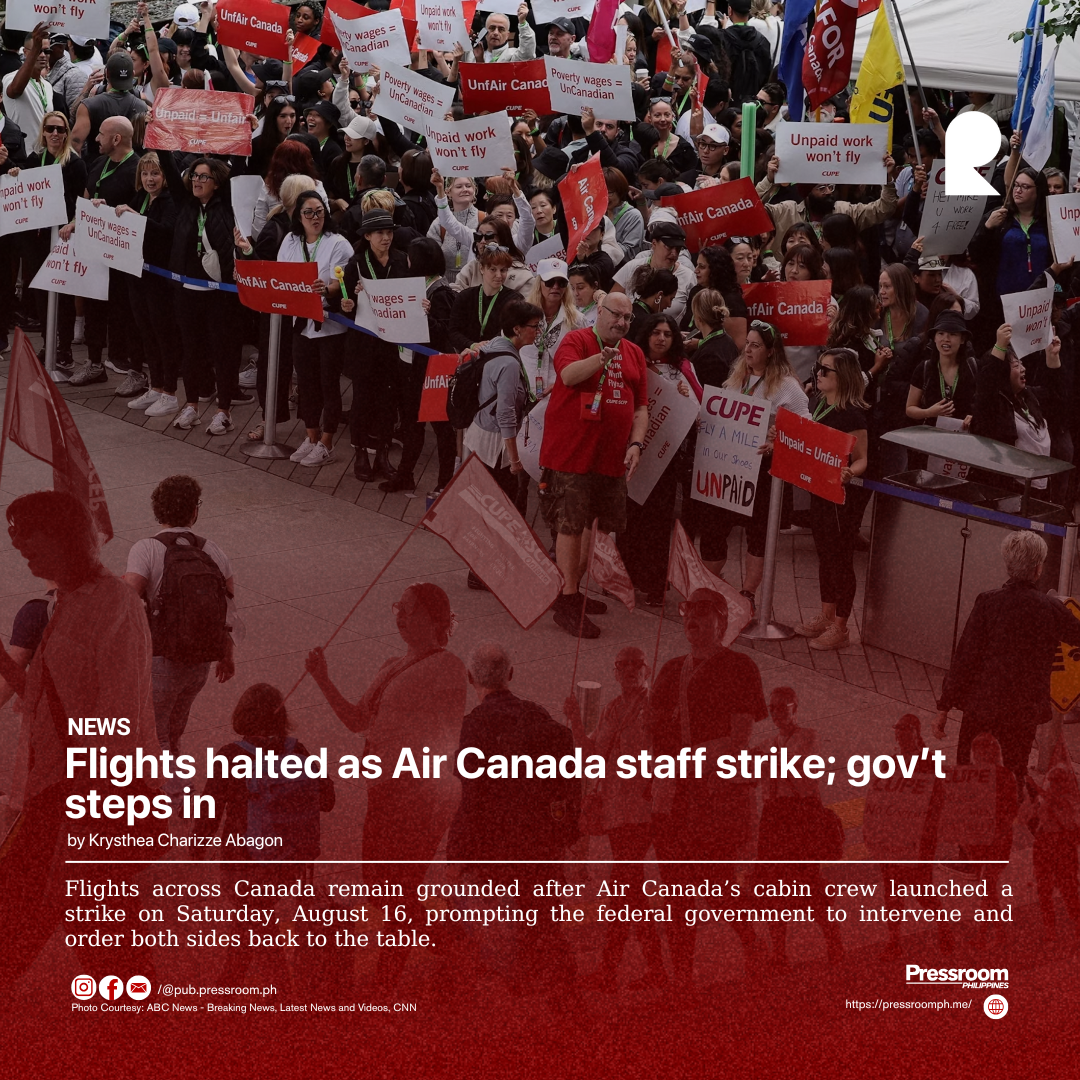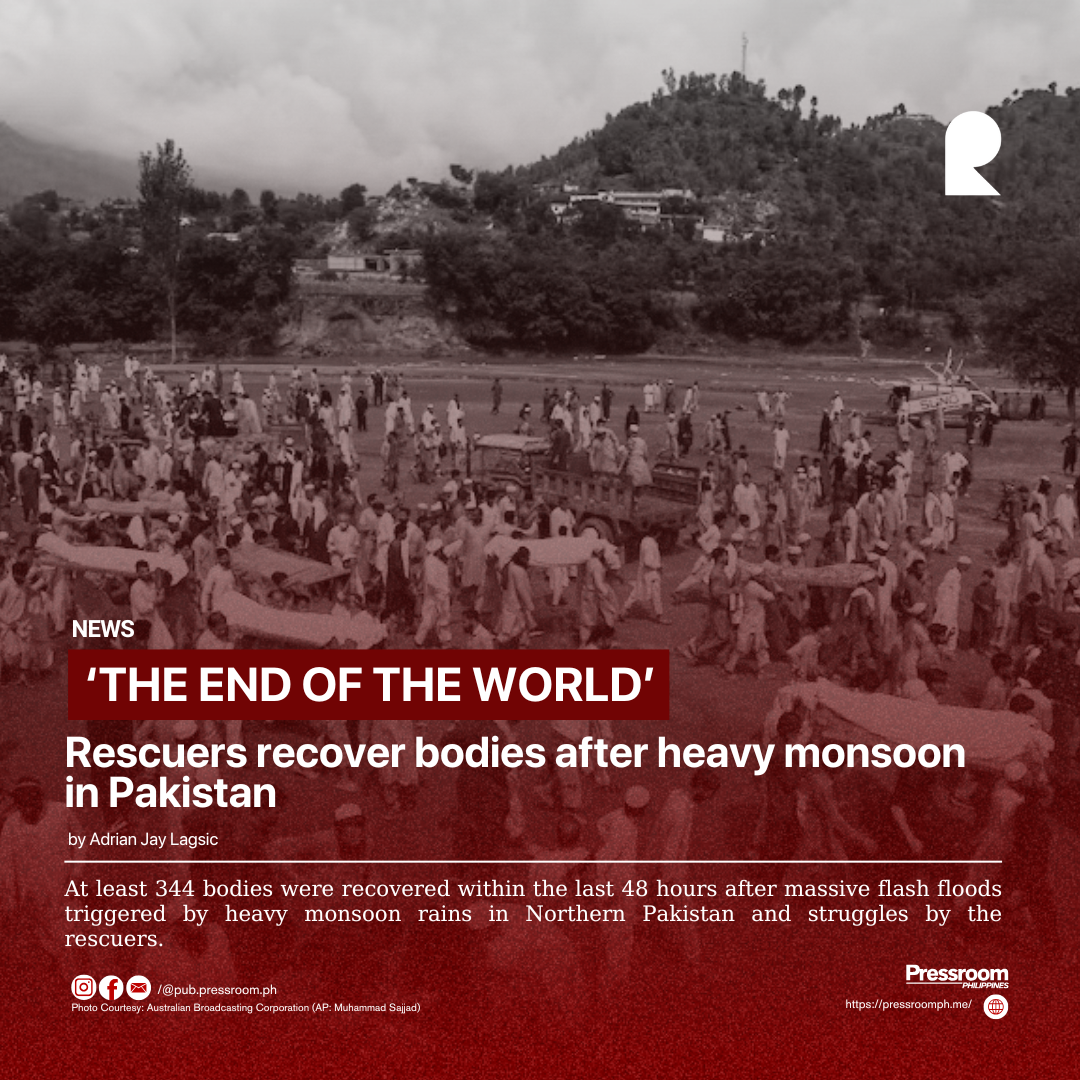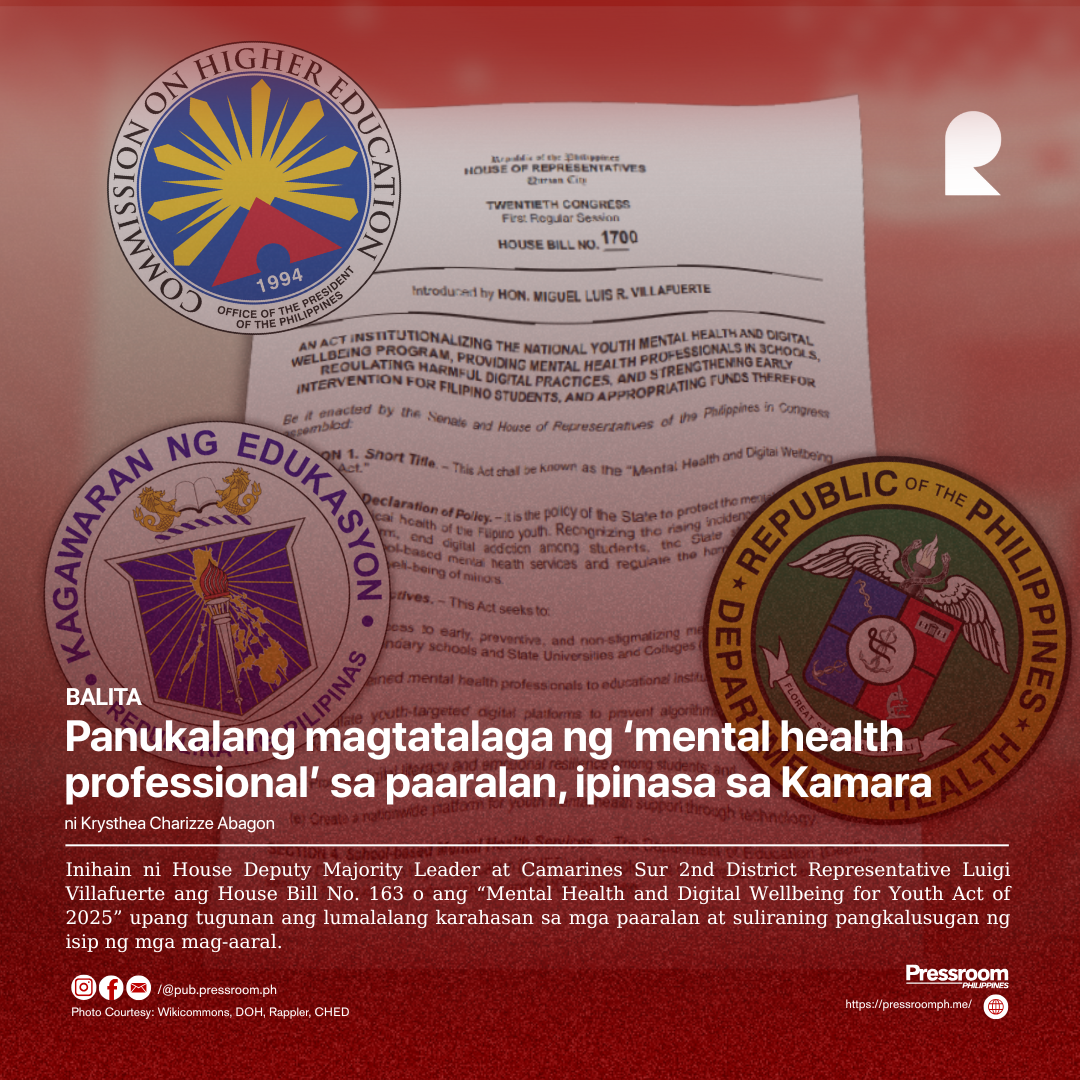Flights across Canada remain grounded after Air Canada’s cabin crew launched a strike on Saturday, August 16, prompting the federal government to intervene and order both sides back to the table.
The job action, involving 10,000 flight attendants, came after a 72-hour strike notice expired.
Workers, represented by the Canadian Union of Public Employees (CUPE), walked off the job over stalled contract negotiations, citing low wages and unpaid work.
The strike quickly disrupted travel nationwide, disrupting travel for an estimated 130,000 passengers each day.
Canada’s largest airline responded by suspending all operations.
CUPE said its members would only end the strike if the federal government formally ordered them back to work.
By Saturday evening, Labour Minister Patty Hajdu invoked Section 107 of the Canada Labour Code, mandating a return to work and directing the dispute to binding arbitration.
"I am exercising this authority because it is critical to maintaining and securing industrial peace, protecting Canadians, and promoting conditions to resolve the dispute," Hajdu said in a statement.
CUPE criticized the move, urging the government not to interfere and instead allow free and fair bargaining.
The union warned that forcing arbitration would only delay meaningful solutions and leave core issues unresolved.
Air Canada said it will not resume operations until the Canada Industrial Relations Board rules on the government’s arbitration order.
Hajdu noted it could take five to 10 days for normal service to resume.
The union has been pressing the airline for more than eight months for wage increases.
CUPE says the company’s latest offers fall “below inflation, below market value, and below minimum wage,” which led to 99.7 percent of attendants to vote in favour of strike action.






